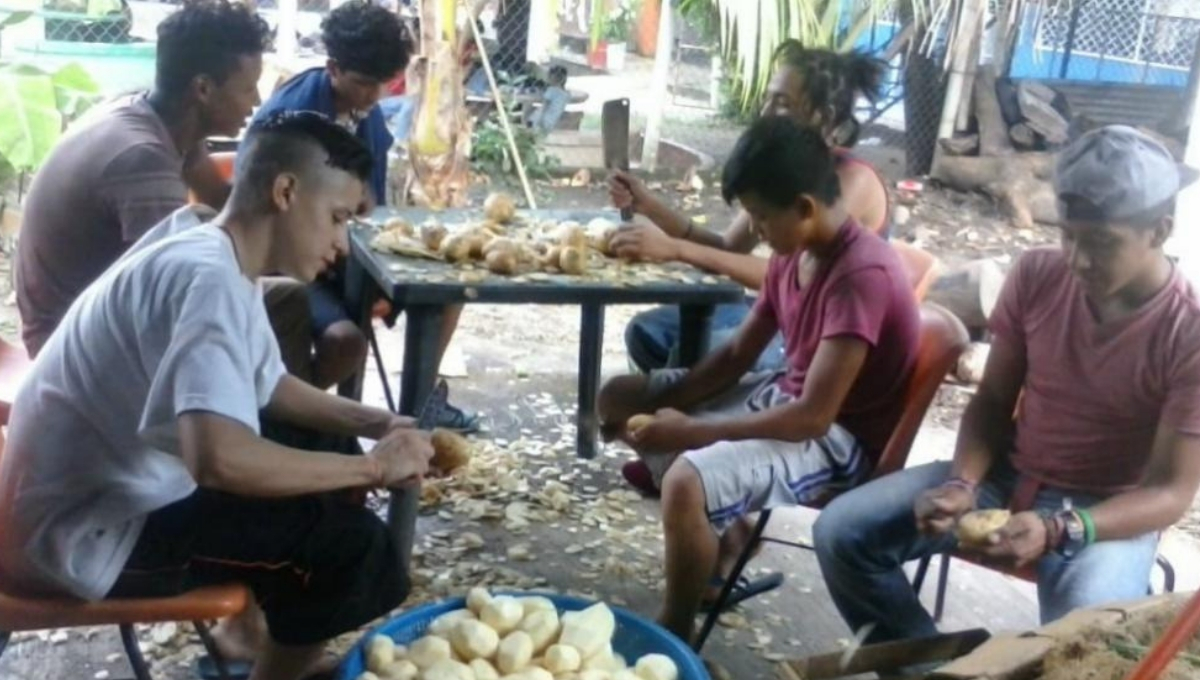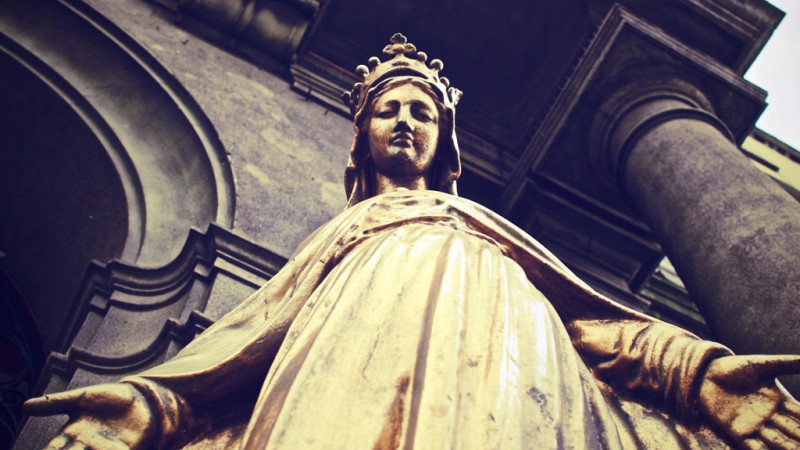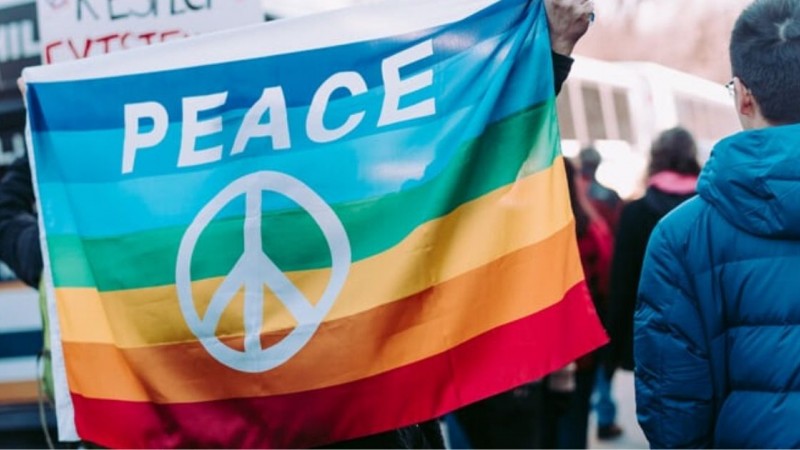
Sister Andrews Mary Robinson is a Franciscan Missionary of Mary. Indian by nationality, she has worked in Cuba, Mexico and Nicaragua, in elder care, pastoral work, catechist preparation and income-generating activities with women. Now she lives in Leon, Mexico, studying educational administration.

How have you or your congregation taken your mission or charism and adapted it to the culture of your surroundings or your country's history?
God challenges us through the signs of the times, so our Franciscan Missionaries of Mary constitutions tell us to be attentive to the needs of the changing world.
Our Franciscan Missionaries of Mary province had been doing pastoral work in Mexican villages, but the growing number of migrants from Central American countries was a call for us to respond to this emerging need. It was the first time we had worked for our migrant brothers and sisters in this way, reaching out to them in solidarity.
It began when some of our sisters started visiting a center where migrants passing through could spend the night. The sisters went to the center once a week to cook and serve food. At times, they had opportunities to listen to the migrants' painful but sacred stories.
After reflecting on this, the province decided to focus on a particular area and serve the migrants on the south border of Mexico. There, migrants of all ages travel to the United States from Guatemala, El Salvador, Honduras and Nicaragua on the roofs of trains (collectively called "La Bestia," or "The Beast"), risking their lives looking for a better future. Our sisters often witness accidents and even deaths as these brothers and sisters try to climb on the train.
Three sisters were sent to form a community and to minister there full time, working in collaboration with Divine Word Missionary priests, volunteers and other organizations to satisfy their physical needs, give meaning and hope, provide legal advice and, if needed, help them find residency in Mexico. The sisters also create awareness among the local people about the needs of the migrants and motivate the locals to help provide for the migrants' needs.
The house where the migrant brothers and sisters are welcomed is called Bethania, Place of Hospitality. Those who come to rest in Bethania also contribute by cutting vegetables, serving food and doing other household chores.
This human movement has brought changes to the country, especially at the Mexican border, where we see people from other countries asking for alms or searching for jobs.
Our sisters offer the migrant brothers and sisters respect, compassion and hope, keeping in mind the words of our mother foundress: "To go to the poor and the needy is the thirst of my soul. My daughters are not my daughters if they do not fulfill it."
We're delighted to bring you this blog from the monthly feature "The Life" courtesy of our friends at Global Sisters Report. This month "The Life" asks the panelists to respond to the question: How have you or your congregation taken your mission or charism and adapted it to the culture of your surroundings or your country's history? Click HERE to read more blogs from The Life, GSR's monthly feature about the unique, challenging and very specific lives of women religious around the world.

